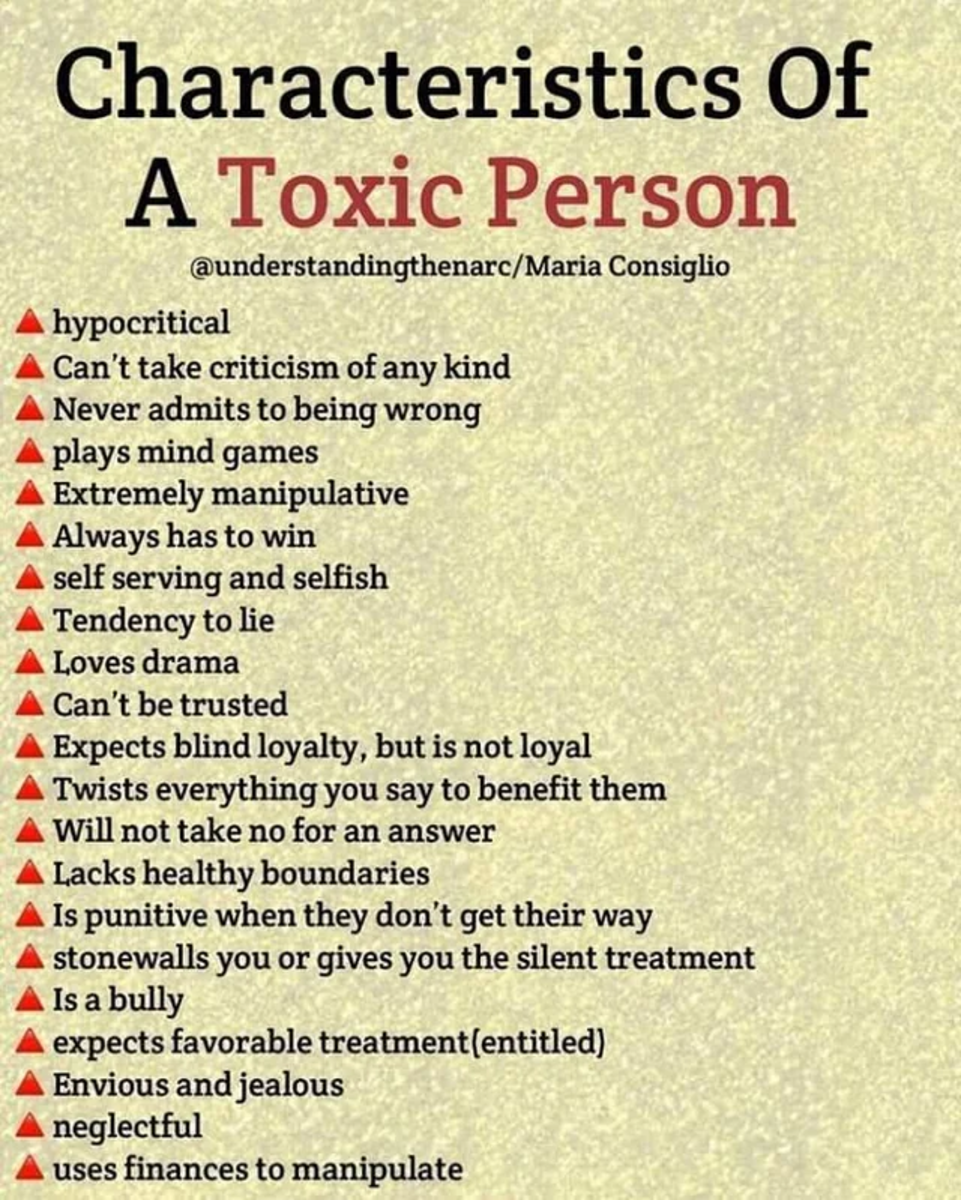Google Develops a Nanoparticle Pill to Fight Cancer

Google's nanoparticle pill being developed by some 100 top researchers in the medical field holds fantastic promise for millions of people with cancer or prone to heart attacks. It is not a cure but acts like an early warning system so a person can treat before it is life threatening.
At its most basic concept, a pill would contain thousands of tiny magnetic particles that are 10,000 times smaller than a single strand of human hair. These nanoparticles would be coated certain antibodies or proteins. Think of them as radar detectors. They are tuned to looked for specific biometric markers for cancer and heart attacks. The coated particles detect the presence of cancer and heart attack molecules. Inside the nanoparticle, at its core, is a magnet and as the molecules travel through one's body, doctors will be able to read data being returned. Think the old 1966 movie, Fantastic Voyage. A group of scientists miniaturize while in a submarine and injected into a body to explore the human body.
To recover the data, a patient would where a smartwatch that would gather the nanoparticles from their trip through the human body. Once obtained, doctors would read the data they had found and be able to treat the person. Google would have nothing to do with the medical data once obtained, in fact, much like medical equipment manufacturers, once the pill is a success, medical staff and hospitals will handle medical matters.
Google is spending millions on the project and others in their Google X-lab. Their X-lab produces unique ways to solve medical problems. One of their successful ones is currently licensed under Novartis. It is a contact lens capable of detecting signs of diabetes.
But, the nanopill is a good five years away. There are downsides to having too many nanoparticles in the human body causing other problems. Also, Google still needs to determine how many particles the pills need and how to attach the biometric markers. Yet, Google and others think the best way to prevent disease is to be proactive or pre-emptive and the nanopill is on the cutting edge.



